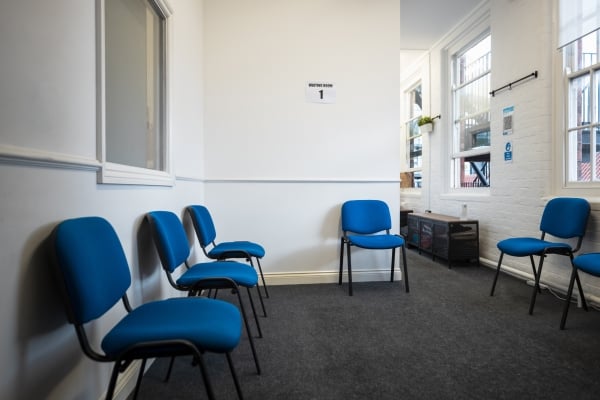Student Wellness Tip: Making Counseling Centers More Inviting
For many college students, the idea of seeking help at a counseling center can be daunting. The stigma surrounding mental health often prevents students from reaching out for support when they need it the most. However, counseling centers on college campuses play a crucial role in providing students with the mental health resources they need to thrive academically and personally.
To encourage more students to seek help at counseling centers, it is important to create a welcoming and inviting atmosphere that reduces the barriers to seeking support. Here are some tips on how counseling centers can make their spaces more inviting for students:
1. Create a warm and welcoming environment: The physical space of the counseling center should feel comfortable and inviting. Consider using calming colors, comfortable furniture, and artwork that promotes relaxation and positive mental health. Creating a welcoming environment can help students feel more at ease when seeking support.
2. Provide information in a clear and accessible manner: Make sure that information about the counseling center’s services, hours of operation, and contact information is easily accessible to students. Consider creating brochures or digital resources that outline the services offered and how students can make an appointment. Clear and accessible information can help students feel more comfortable reaching out for help.
3. Offer a variety of resources and services: Counseling centers should offer a range of resources and services to meet the diverse needs of students. This may include individual counseling, group therapy, workshops, and support groups. Providing a variety of options can help students find the support that works best for them.
4. Train staff to be welcoming and nonjudgmental: The staff at counseling centers play a critical role in creating a welcoming and supportive environment for students. It is important to train staff to be nonjudgmental, empathetic, and understanding of the diverse experiences and backgrounds of students seeking support. A welcoming and nonjudgmental staff can help students feel more comfortable opening up about their struggles.
5. Promote mental health awareness and destigmatize seeking help: Counseling centers should actively promote mental health awareness on campus and work to destigmatize seeking help for mental health issues. This may include hosting events, workshops, and campaigns that raise awareness about mental health and the importance of seeking support. By promoting mental health awareness, counseling centers can help create a campus culture that values mental well-being.
By implementing these tips, counseling centers can create a more inviting and supportive environment for students seeking help. Remember, seeking support is a sign of strength, not weakness. Encouraging students to prioritize their mental health and seek help when needed is essential for their overall well-being and academic success.



